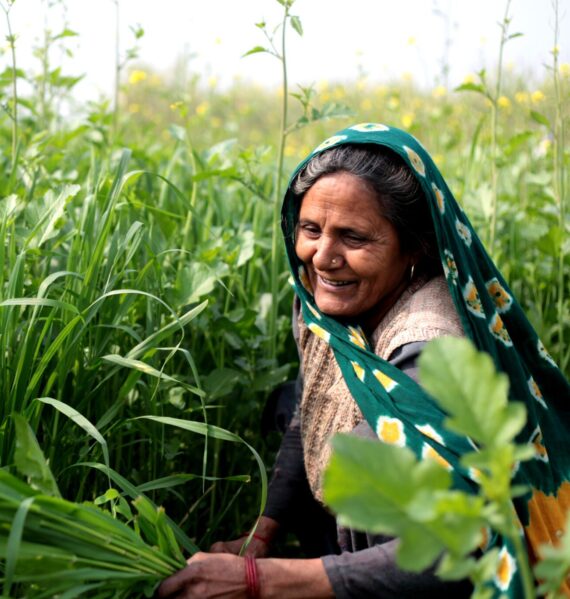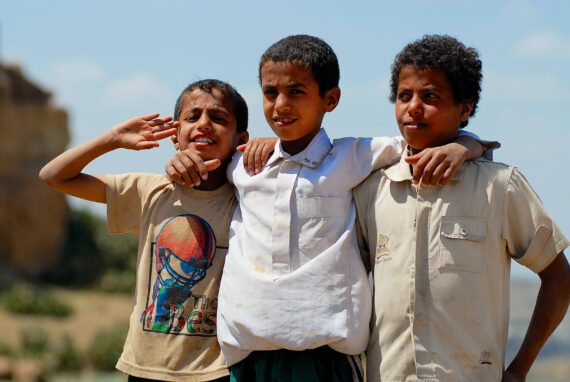Earlier this month, the Food and Agriculture Organization (FAO) along with some key partners, published the annual State of Food Security and Nutrition in the World 2023 (SOFI) Report. The SOFI report provides global data and insights to educate policymakers and community stakeholders on the gaps in global food security and nutrition. The report also highlights areas of progress.
The 2023 SOFI report embodies Bread’s values of human flourishing across the globe as it provides insights on how policy makers should invest in local agrifood systems. This global call to action is very timely in light of the suspension of the Black Sea Grain Initiative, which was brokered by the United Nations and Turkey to help move grain, fertilizer, and other important staples out of Ukraine and Russia. Bread addressed the impact of the initiative when the first ship carrying Ukrainian grain departed from the port city of Odesa following Russia’s invasion.
According to the SOFI report, global hunger is still higher than it was before the pandemic. In 2022, 2.4 billion people did not have access to nutritious, safe, and sufficient food all year round. Additionally, 148 million children under age five were stunted, 45 million suffered from wasting, and 37 million were overweight. Stunting and wasting were higher in rural areas, while overweight children were more prevalent in urban areas.
The 2023 SOFI report is themed “Urbanization, Agrifood Systems Transformation and Healthy Diets Across the Rural-Urban Continuum.” Agrifood systems involve transforming food systems for sustainability and inclusivity, through a holistic approach involving stakeholders and activities related to the production, processing, distribution, consumption, and disposal of food products.
As the SOFI report theme suggests, an evaluation of food security in urban parts of the world should be a global priority. According to experts, bold, targeted actions to build resilience against food insecurity in rural communities is important. However, policy makers should also pay close attention to important trends such as urbanization, the affordability of healthy diets, and implications for food security and nutrition, which have not been fully explored in past SOFI reports.
According to experts, by 2050, almost seven in ten people are projected to live in cities. Considering urbanization will shape and transform the needs in agrifood systems, policy makers are urged to address global food security through a rural–urban continuum lens as opposed to a rural-urban divide lens. This policy approach includes and anticipates various activities from farm to fork, including but not limited to food production, food processing and distribution, marketing and procurement, and consumer behavior in both rural and urban communities.
Due to population growth, small and intermediate cities and rural towns are increasingly bridging the space between rural areas and large cities. The 2023 SOFI policy recommendations are geared at preparing and empowering countries on proposed programs, investments, technologies, and actions that can be effective and innovative for meeting the Sustainable Development Goal (SDG) 2 (zero hunger) targets in both urban and in rural communities.
Abiola Afolayan is co-director, Policy and Research Institute, at Bread for the World.



